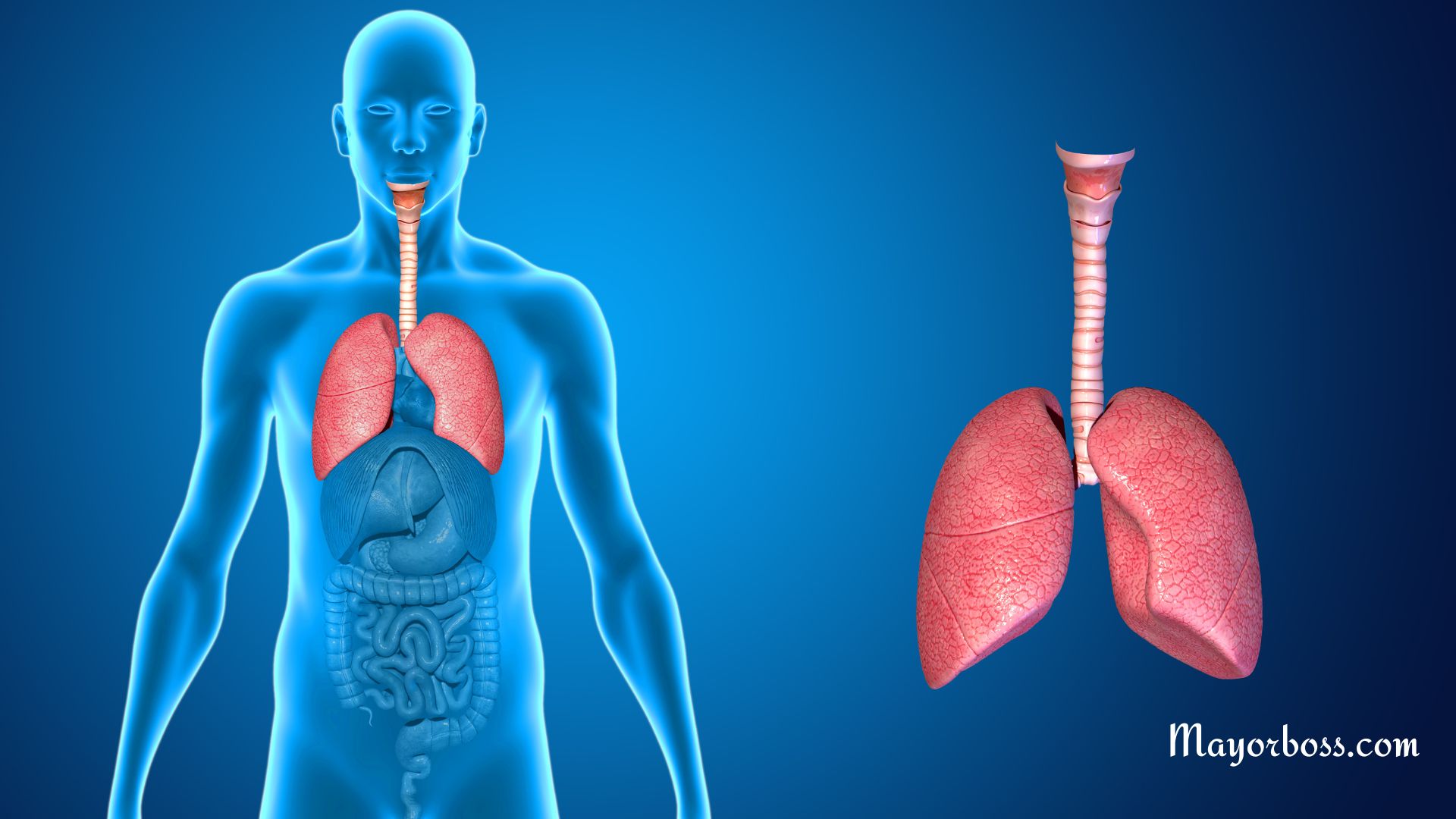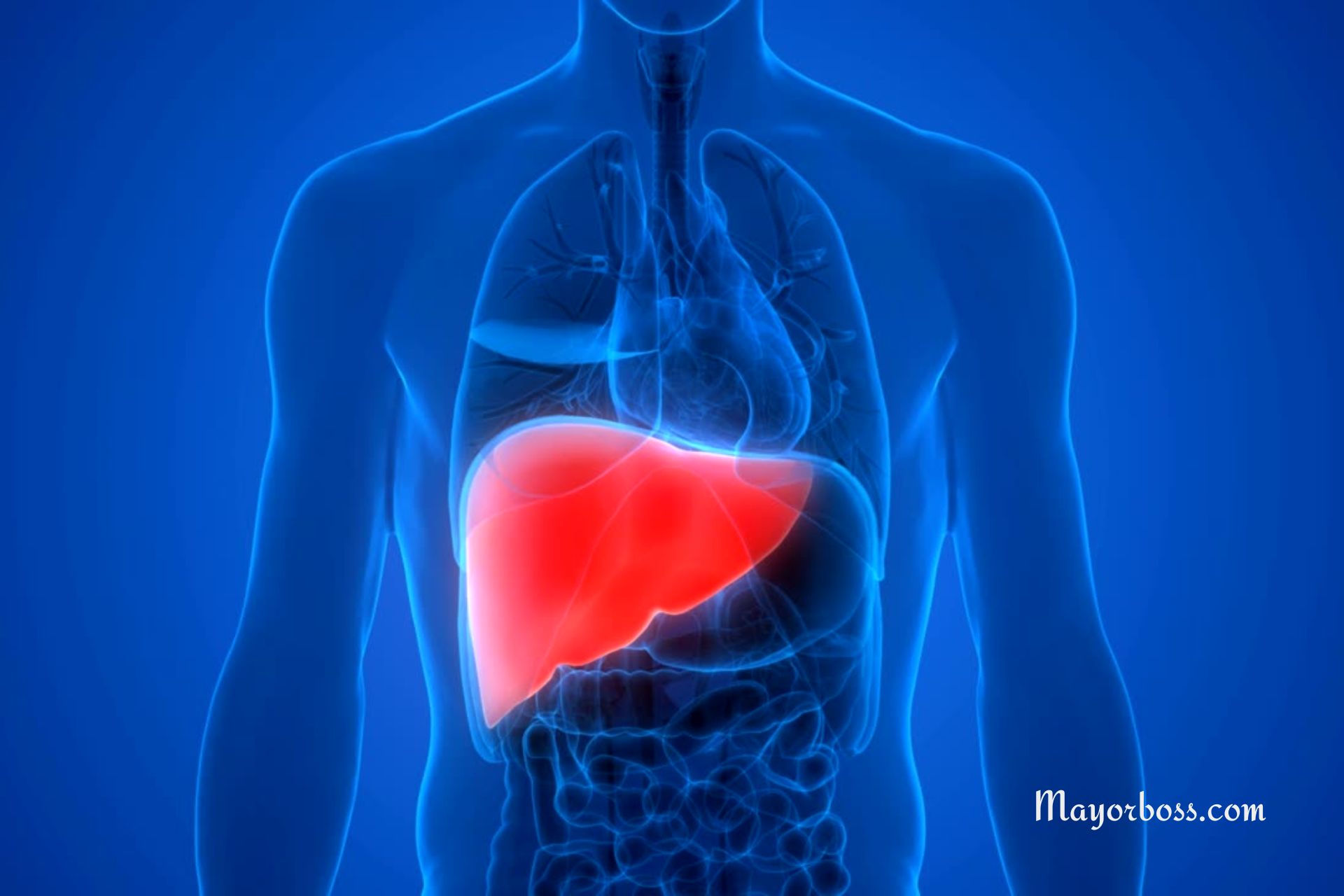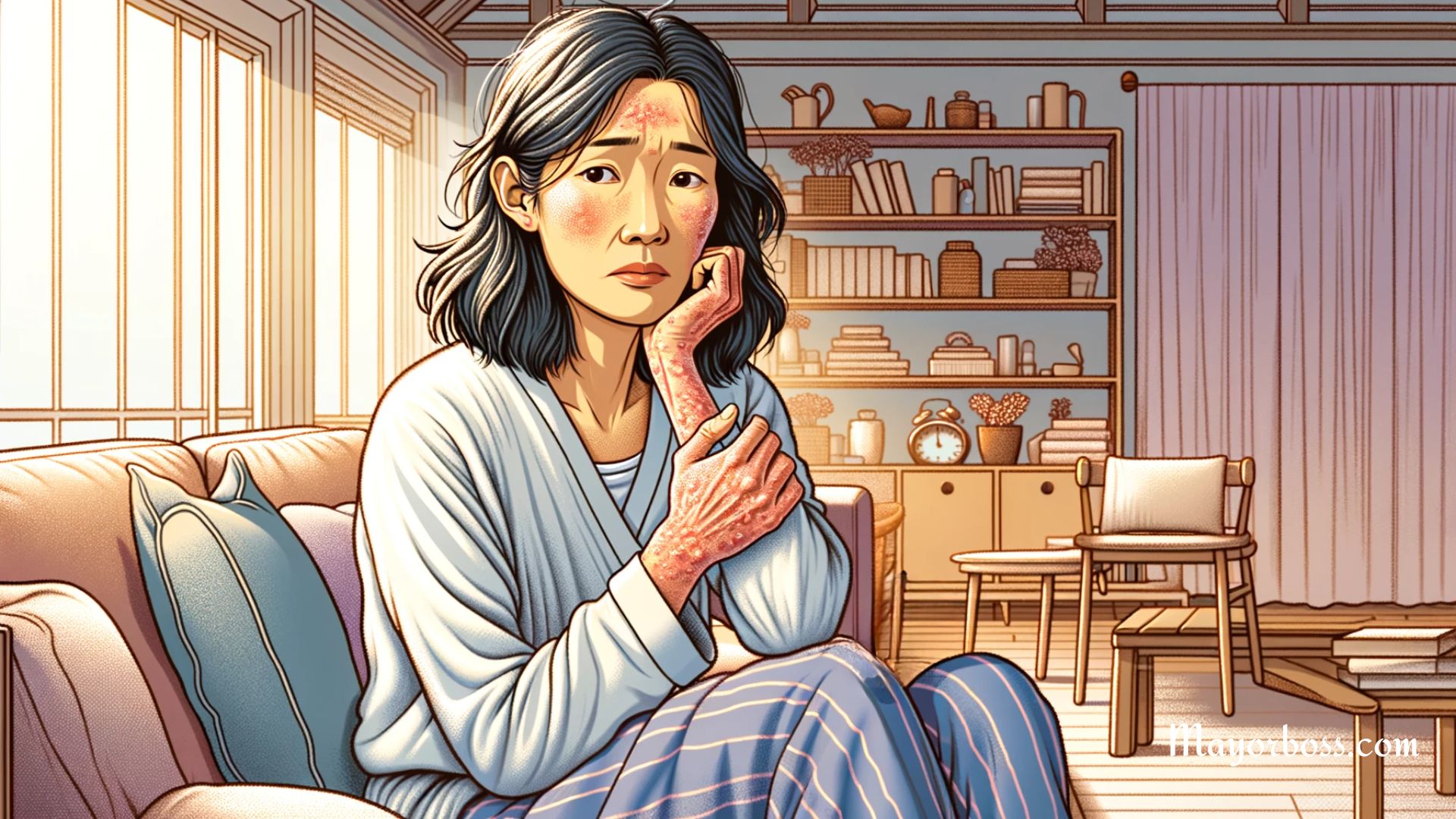What Is Hypertensive Crisis?
What Is Hypertensive Crisis? A hypertensive crisis occurs when blood pressure levels skyrocket, potentially causing harm to the body’s organs. This condition demands immediate medical attention.

What Makes It So Urgent?
When your blood pressure spikes extremely high, usually above 180/120 mm Hg, your body is essentially sounding an alarm. This alarm signals that your organs might be at immediate risk. The dangers you could face include damage to your heart, kidneys, and eyes. In addition, the risk of a stroke soars. In a situation like this, quick medical intervention is crucial.
Types of Hypertensive Crisis
Hypertensive Urgency
In this type of crisis, your blood pressure is extremely high, but doctors don’t see immediate damage to your organs. You might feel anxious or have a headache, but these symptoms can be misleading. If you find yourself in this situation, you’ll likely need medication adjustments.
Hypertensive Emergency
On the flip side, a hypertensive emergency is when your high blood pressure is causing immediate harm to your organs. Symptoms may include severe headaches, chest pain, and difficulty breathing. In this case, you’ll need instant medical treatment to prevent long-lasting damage or even death.
What Causes a Hypertensive Crisis?
Often, you might experience a hypertensive crisis if:
- You skip your blood pressure medications.
- You have a stroke or a heart attack.
- You experience kidney failure.
- You have a sudden increase in blood pressure due to certain medications.
Symptoms to Look Out For
Urgent Hypertensive Crisis
You may not always notice symptoms, but if you do, they might include:
- A severe headache.
- Shortness of breath.
- Nosebleeds.
Emergency Hypertensive Crisis
If you’re experiencing an emergency hypertensive crisis, symptoms could be more alarming, such as:
- Vision problems.
- Chest pain.
- Difficulty breathing.
- Blood in the urine.
- Pounding in the chest, neck, or ears.
Why Is It Dangerous?
High blood pressure forces your heart to work harder than usual. Over time, this can strain the heart and damage blood vessels. During a hypertensive crisis, these effects intensify.
What does this mean? Well, if your blood pressure is too high for too long, it can lead to:
- Heart attack.
- Stroke.
- Kidney damage.
- Loss of vision.
According to doctors, if you suspect you’re having a hypertensive crisis, it’s crucial to seek medical help immediately.
How Is It Treated?
For Urgent Hypertensive Crisis
Doctors will likely:
- Monitor your blood pressure.
- Adjust or introduce blood pressure medications.
For Emergency Hypertensive Crisis
Immediate treatment in a hospital setting is essential. This might involve:
- Intravenous (IV) medications to lower blood pressure quickly.
- Medications to prevent potential complications like a heart attack or stroke.
Prevention: Staying Ahead of the Game
To avoid a hypertensive crisis:
- Stay consistent with your blood pressure medications.
- Monitor your blood pressure regularly.
- Consult with your doctor about any concerns.
- Limit salt and alcohol intake.
- Exercise regularly and maintain a balanced diet.
- Manage stress through relaxation techniques.
For those with a history of high blood pressure, the National Health Service recommends regular check-ups and close monitoring to prevent potential crises.






